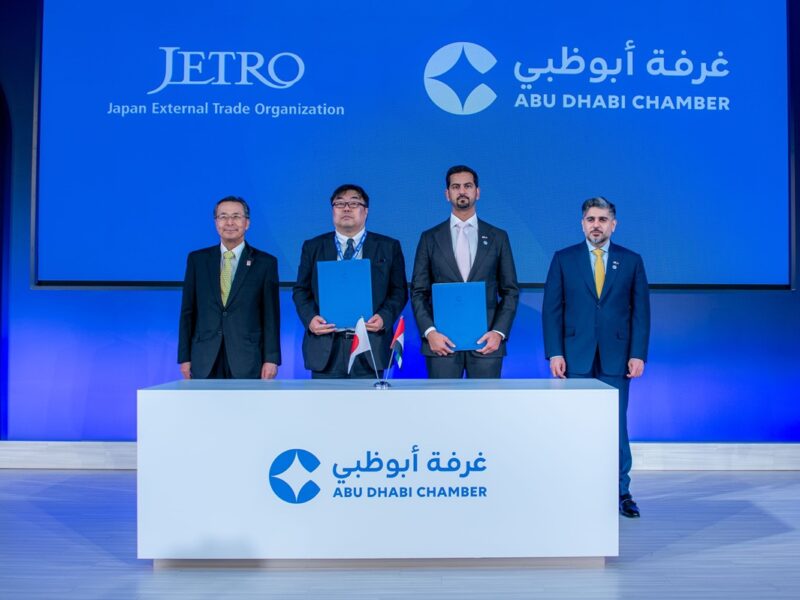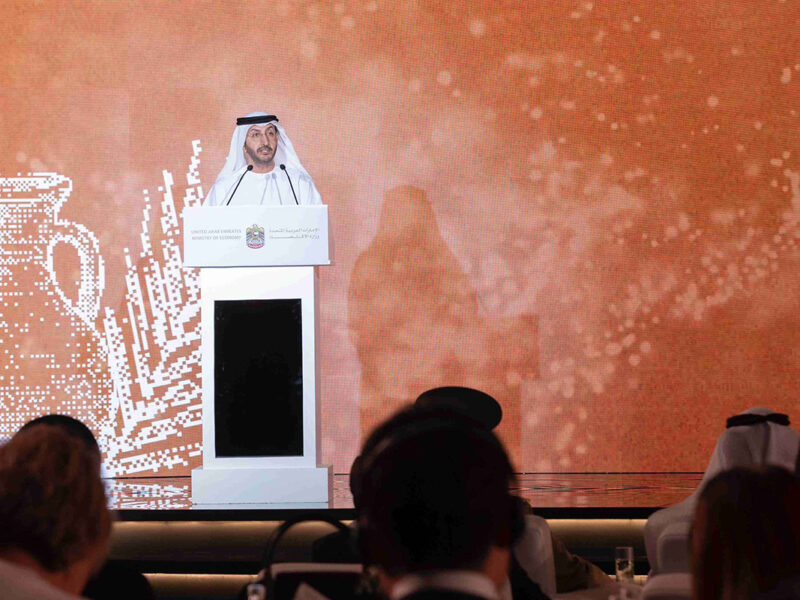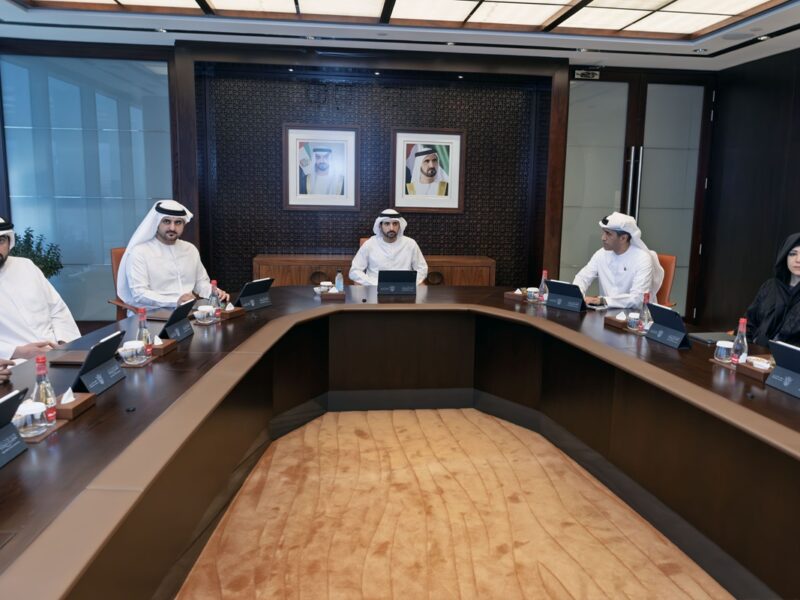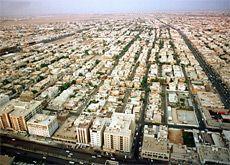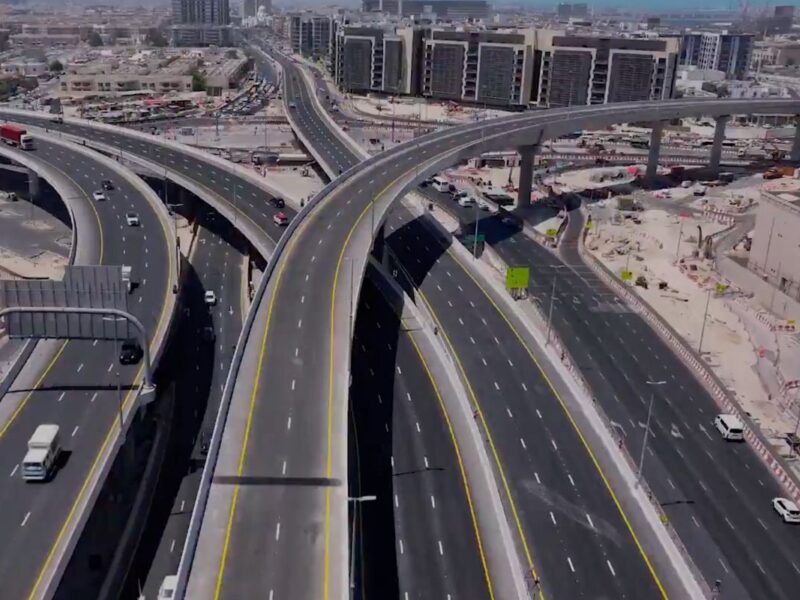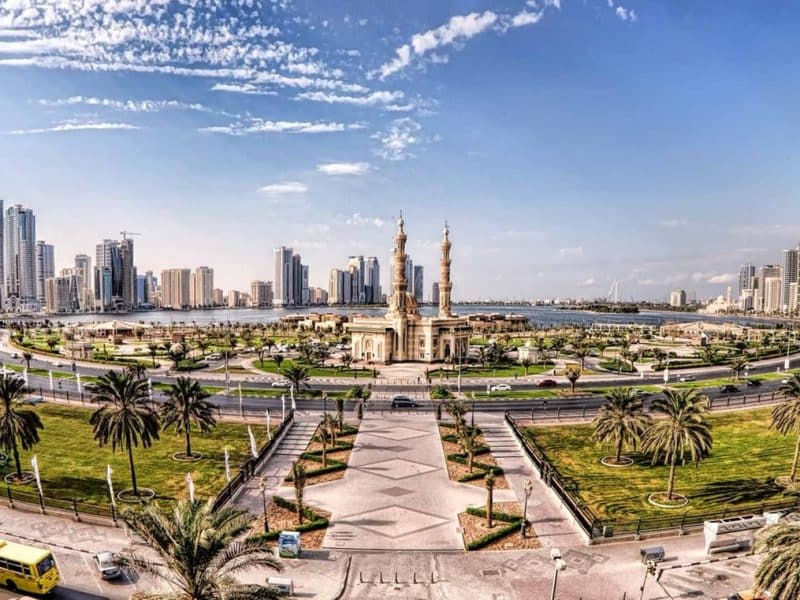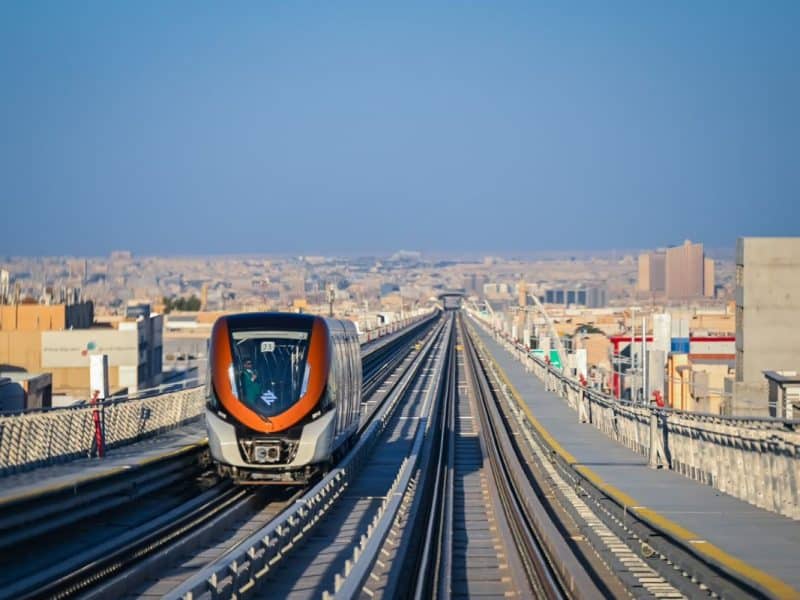Saudi Arabia’s leaders may have a vision to reform and open up the world’s largest oil exporter but it might take many years to see big changes in the conservative Gulf Arab state.
Faced with a rapidly rising native population of 18 million which need jobs and housing, the kingdom – the biggest Arab economy – seems willing to further open up to attract investors to build up industries outside the dominant energy sector.
In February, King Abdullah removed two hardline clerics from top positions to curb the influence of the religious elite which has held back educational and judicial reforms key to create a modern state and combat Islamic militancy.
Since then, the education ministry, which now has for the first time a deputy female minister, has been mulling ideas to improve education while the capital Riyadh has witnessed its first cinema showing for 30 years, rare theatre plays and state-sponsored art exhibitions.
“The wheels of reforms are moving but it may take years to see changes. But the most important thing is that the wheels are moving. The reforms cannot be reversed, the society would not accept it,” said Dubai-based analyst Mustafa al-Alani.
Saudi Arabia is an absolute monarchy without an elected parliament with clerics, which helped the Al Saud family to found the kingdom in 1932, running the courts and applying an austere version of mainstream Sunni Islamic law.
Since ascending the throne in 2005 King Abdullah is viewed by many Saudis as a supporter of reforms but diplomats say many clerics and also powerful members of the ruling family resist.
“The king is trying to balance between the conservative religious groups and the technocrats, the educated people who want social reforms,” said Saudi columnist Abdullah Al Alami.
“The base of change is not going to be overnight, actually we don’t want it to happen overnight because it may backfire and it may have negative consequences,” he said.
Even if there is a will for change such as overhauling school curricula to qualify Saudis better for the job market it does not mean that changes ordered by the top are always implemented by the bureaucracy as intended, diplomats say. Saudi Arabia committed itself to the U.N. Human Rights Council earlier this month to end discrimination of women through the need for a male guard to work, travel or study but activists are not holding their breath for any change.
“Saudi Arabia is a signatoree of many international agreements but we still find gross violations on the ground. There is a big difference between good intentions and the ability to deliver,” said Ibrahim al-Mugaiteb, head of the independent Saudi Human Rights Society.
Just three months after the cabinet reshuffle the government decided to delay municipal elections for two years, dashing hopes that women could vote for the first time. Pressure from Riyadh’s U.S. ally for speedy moves on reform has relaxed.
Interior Minister Prince Nayef, who recently got promoted as second deputy prime minister, has backed the religious police, whose chief was also changed in the reshuffle and which had been under pressure after incidents where Saudis died in custody.
With so many contradictions over reform steps and few outsiders having access to the inner circle of the Saud family, speculation fills the chancelleries of embassies. Riyadh’s diplomatic quarter is split into optimists and pessimists.
“There are certainly good intentions but planning something and executing it is something different. Major changes are still many years away, maybe even decades,” said a Western diplomat.
Doubts over the pace of reforms will not dampen rising interest among investors in Saudi Arabia, which has been hit much less by global turmoil than the rest of the world with no major bank requiring state aid help or restructuring.
The government plans to spend $400 billion to lower dependence on oil, offering rare opportunities for foreign firms struggling with major global markets in recession.
Since last year foreign investors can trade Saudi shares via a local intermediary, triggering an inflow of banks and fund managers even if transparency standards are still below other emerging markets such as Eastern Europe or neighbouring Dubai.
“The government has launched a stimulus … to diversify the economy. This should strengthen Saudi Arabia’s position and positively impact the economy,” said Birgit Ebner, who manages a Middle Eastern share fund at Germany’s Frankfurt-Trust.
The kingdom this month launched a local bond market and has also vowed to clamp down on insider trading on the bourse.
“Regarding disclosure and transparency, regulation has reached levels satisfactory for international investors but more needs to be done,” said Haissam Arabi, chief executive of Dubai’s Gulfmena Alternative Investments, one of the hedge funds now setting their eyes on Saudi Arabia.
John Sfakianakis, chief economist at SABB Bank in Riyadh, said the government had spent more than $120bn to overhaul education since 2005. “The government is aware that education is the most critical pillar in its attempt to modernise and diversify the economy,” he said. (Reuters)

